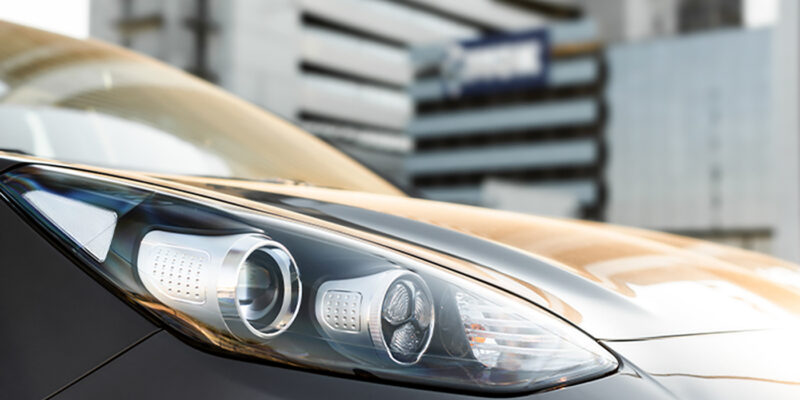When it comes to growing a construction, logistics, or industrial business, access to the right heavy machinery can make or break your operations. But one of the biggest decisions you’ll face is whether to lease or buy the equipment. Each option comes with its own advantages, and the right choice depends on your business goals, cash flow, and project timelines.
Let’s break down the benefits of both to help you make an informed decision.
🚜 Why Lease Heavy Machinery?
Leasing is an increasingly popular option for contractors and companies looking for flexibility and efficiency without the large upfront investment.
✅ 1. Lower Upfront Costs
Leasing allows you to access high-quality, modern machinery without tying up large amounts of capital. This means you can allocate your budget to other areas of your project or business growth.
✅ 2. Flexibility and Scalability
Need equipment for a short-term project or want to upgrade regularly? Leasing gives you the flexibility to adjust your fleet based on your current needs, helping you scale up or down without long-term commitments.
✅ 3. Access to Newer Technology
Leasing ensures you’re always using the latest models equipped with modern technology, better fuel efficiency, and improved safety features—all without the burden of depreciation.
✅ 4. Easier Maintenance and Support
Many lease agreements include service and maintenance packages, reducing downtime and ensuring your equipment is always in top condition.
🏗️ Why Buy Heavy Machinery?
Buying equipment can be the better option for companies with long-term needs and consistent usage requirements.
✅ 1. Long-Term Cost Savings
If your equipment will be used frequently over many years, ownership can lead to significant savings compared to renewing lease agreements.
✅ 2. Full Control and Customization
When you own your machinery, you can modify or customize it to suit your specific operations. There are no restrictions or return conditions to worry about.
✅ 3. Asset Building
Purchased equipment becomes a business asset, adding value to your balance sheet and possibly serving as collateral for financing or loans.
✅ 4. No Contract Limitations
Owning your equipment means no lease terms, mileage caps, or usage restrictions—giving you complete freedom in how you deploy it.
⚖️ Leasing vs. Buying: Which One Is Right for You?
Here’s a quick comparison to help you decide:
| Factor | Leasing | Buying |
|---|---|---|
| Upfront Cost | Low | High |
| Flexibility | High | Low |
| Ownership | No | Yes |
| Maintenance | Often Included | Your Responsibility |
| Technology Access | Latest Models | May Become Outdated |
| Long-Term Cost | Higher Over Time | Lower if Used Long-Term |
🔧 Our Recommendation
If your projects vary in scope and duration, or if you want to test out different models before committing, leasing is the smarter move. But if you’re looking for full ownership, plan to use the machinery daily, and want to build long-term equity, then buying is a solid investment.
At All Terrains Fleet Hub, we offer flexible leasing options and competitive sales for a wide range of construction equipment—from bulldozers and excavators to cranes and forklifts. Whether you’re starting a new project or expanding your fleet, we’re here to help you choose the best option.

